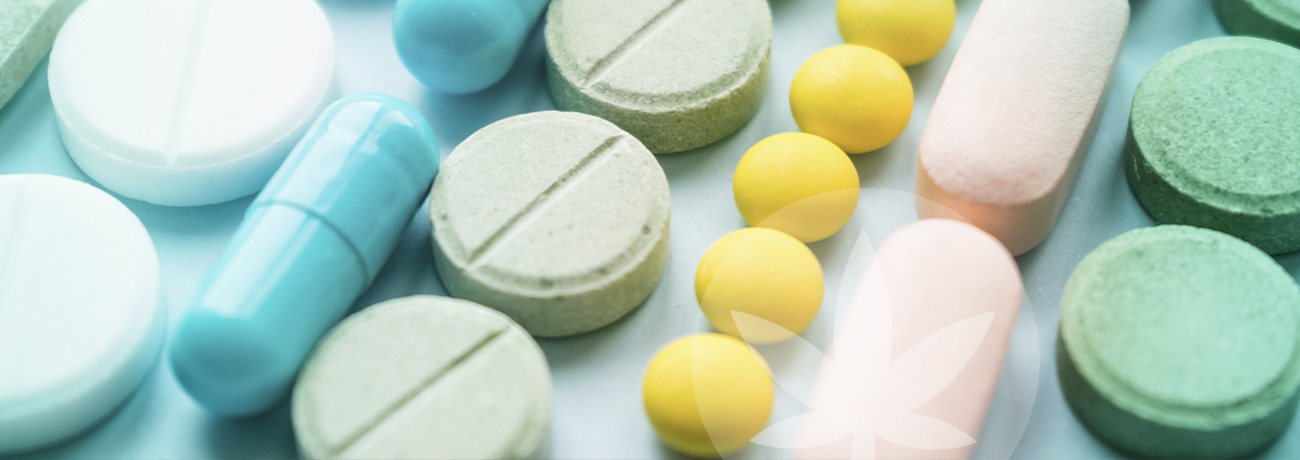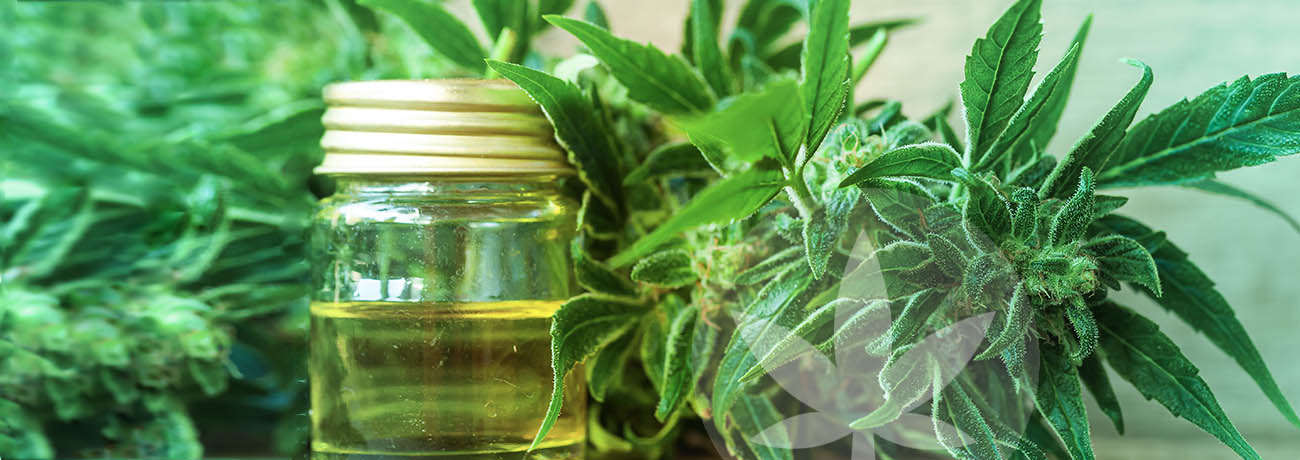Everything You Need To Know About CBD And Opioids
Last updated:
Published:

The picture in both Europe and the US is one of rising opioid-related deaths and rampant opioid addiction. Although opioids are effective at treating pain, they can induce severe side effects, and most gravely, are incredibly addictive. The growing rate of addiction to prescription medication is a crisis that has scientists and medical bodies grasping for alternative treatments. Keep reading to find out if CBD could be the answer we’ve all been waiting for.
Opioid drugs have been used for centuries
Opioids are among the world’s oldest drugs, with evidence of their use traced back to the Stone Age. Since then, historians and archaeologists have found evidence of opioid use among several major civilisations. Fast forward to the modern day, and the use of opioid medication is as prevalent as it’s ever been. Legal, synthetic opioid painkillers include morphine, methadone, oxycodone, and the extremely powerful fentanyl. Heroin is also an opioid; however, it is illegal globally.
Opioids have been used medicinally in the West since the 19th century thanks to their highly effective pain-relieving and anaesthetic qualities. However, there is a caveat to their effectiveness; side effects include sedation, nausea, respiratory depression, and constipation, to name but a few. Combined with a high rate of addiction, their extreme potency is a recipe for disaster.
Opioid addiction is on the rise
A 2017 report by the European Monitoring Centre for Drugs and Addiction highlighted just how bad the situation has become. Drug overdose deaths in Europe have risen for the third year in a row, with heroin attributed to many cases. The situation is perhaps worse in North America, with the region experiencing “considerable morbidity and mortality associated with the misuse of prescription opioids”. There is no denying that opioid misuse and addiction are two incredibly challenging issues, but what they do highlight is a clear need for alternative treatment options.
Alternative options need to satisfy two fronts: first, a form of pain relief that is not as addictive, and second, a medicine that can rehabilitate patients and support the treatment of opioid addiction. Before we find out how CBD could be an alternative treatment that tackles both of these issues, it is worth understanding how opioids interact with the human body.
What do opioids do, and how do they work?
Opioids work by binding to opioid receptors in our central and peripheral nervous system as well as our GI tract. Once opioids bind to a receptor, they act directly on the CNS to decrease the feeling of pain, or in the case of the digestive system, to reduce motor activity and stress response.
Factors like the type of opioid, its potency, the location of the receptor, and whether it is an agonist or antagonist of that receptor all play a part in the possible biological outcome. With enough research, we could learn to control the reactions taking place. At present, there is evidence to support a build-up of tolerance to opioids. An increased dose may be necessary to provide the same level of pain relief over time, which in turn leads to greater severity of side effects and an increased likelihood of addiction.

CBD could help tackle the opioid crisis on multiple fronts
With an understanding of how opioids work and the risks associated with regular use, it is easy to see how critical alternative treatments are. The relationship between cannabinoids, the endocannabinoid system, and acute or chronic pain have been observed across numerous studies. A significant number of cannabinoid receptors are linked to our nervous system, and it is believed that interactions between these receptors and cannabinoids could be an alternative avenue to potent opioid medication.
CBD was found to “suppress chronic inflammatory and neuropathic pain without causing apparent analgesic tolerance” in a rodent model performed by the Laboratory for Integrative Neuroscience. However, that only potentially solves one half of the issue. The other is finding non-opioid medications to tackle opioid addiction.
Fortunately, CBD may have that covered as well. A review into the early phase development of cannabidiol as a treatment for addiction found that CBD has the potential "to inhibit drug-seeking behaviour". The review took into account preclinical animal investigations and human clinical trials, but did acknowledge that “further exploration” was needed to establish CBD’s efficacy as a therapeutic intervention for opioid relapse.
The need for alternative treatments is significant
Alternative treatments for pain—ones that don’t impose the same severity of side effects, and that carry far lower rates of addiction—are paramount. The perfect alternative would be one that is widely accessible, safe, and with minimal potential for abuse. Thankfully, the growing acceptance of cannabinoids and their medicinal use appears to go hand in hand with the base requirements of opioid alternatives. Most appear well-tolerated, and in the case of CBD, “exhibit(s) no effects indicative of any abuse or dependence potential” according to a review by the World Health Organisation.
Both cannabinoids and opioids work using a similar principle—they interact with receptors that trigger biological reactions. Despite their impact on the body being worlds apart, it is this similarity in their mechanism that makes cannabinoids one of the most viable alternatives for treating opioid addiction. As part of a comprehensive treatment programme, the research above indicates that cannabinoids like CBD could potentially be used to break the cycle of addiction associated with opioids.
Only more research and a greater acceptance of cannabinoid-based treatments will ascertain their true potential in tackling addiction and pain management.













